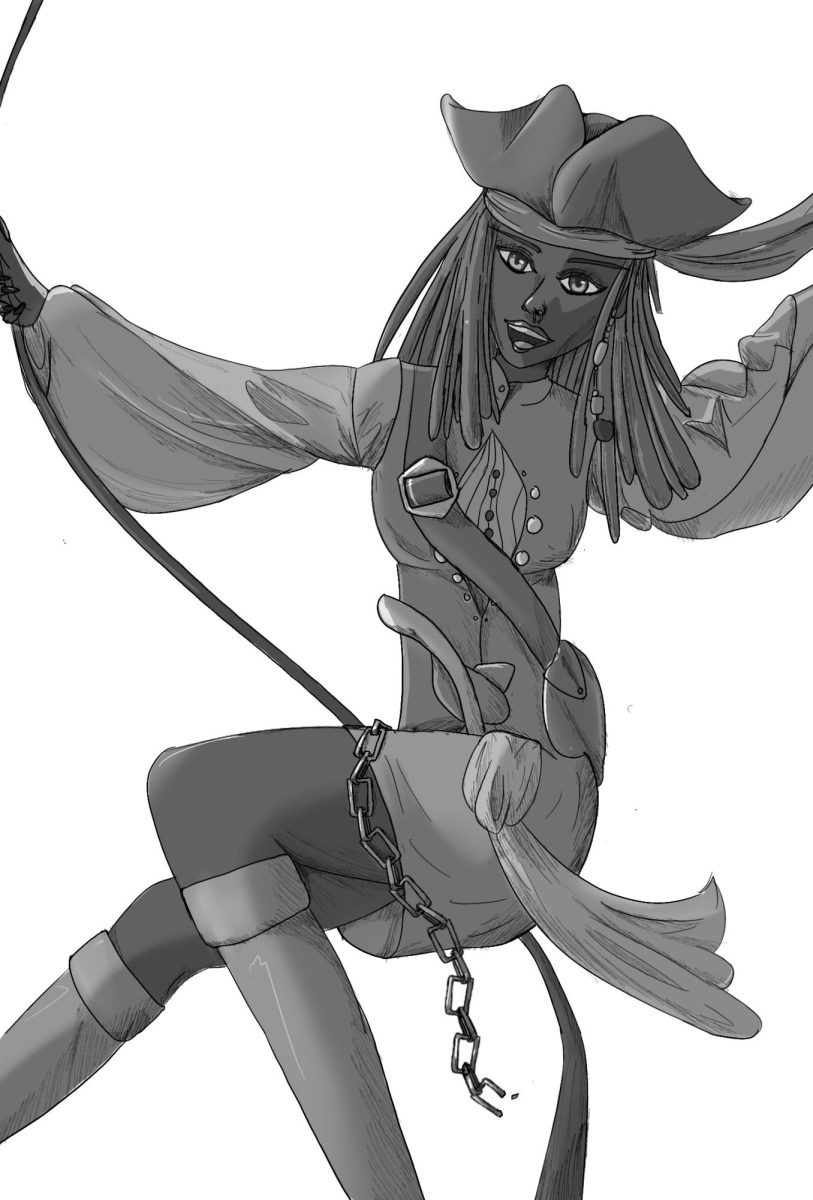In recent years, Hollywood has embraced a trend of gender-swapping traditionally male roles, seen in films like “She-Hulk” and the all-female “Ghostbusters” reboot. At first glance, these shifts may seem progressive – offering women a chance to occupy roles usually dominated by men. On the contrary, this move is more about convenience rather than genuine representation, and it leaves women only with the scraps of male-dominated narratives.
As actress Jenna Ortega pointed out in a recent interview, there is a fundamental issue with Hollywood’s gender swapping. Women deserve more than leftover male roles. They deserve their own original characters.
Ortega spoke against gender swapped ideas during an interview. “I don’t like when it’s a spinoff – I don’t want to see Jamie Bond,” Ortega said.
While Ortega acknowledged the growing presence of female leads in Hollywood, she spoke up about how women should not have to rely on stepping into male-domintaed roles to achieve visibility. “I love that there’s a lot more female leads nowaday… but we should have our own,” Ortega said.
Ortega’s perspective points out deeper issues: when women are cast in male roles, they inherit not only the narrative but also the limitations of those roles. Rather than allowing women to forge new and distinct identities, Hollywood often recycles male-driven stories with female leads.
The problem with this approach is more than just about gender equality – it is about respect and creative freedom. By giving women roles originally written for men, Hollywood is essentially telling female audiences they do not deserve original stories, that their place within the industry is merely an afterthought.
When characters like She-Hulk are re-imagined for women, the focus often remains on replicating the traits and storylines of their counterparts. This leads to a form of representation that is shallow and recycled, and it fails to reflect the diverse experiences of women.
Gender-swapping can sometimes increase harmful ideas, as female versions of male characters often become overly sexualized or objectified. In “She-Hulk” for instance, while the character is strong and intelligent, she is also often depicted in ways that emphasize her physical appeal rather than her complexity. This weakens the fight for female empowerment, reducing women to mere mirrors of their male counterparts instead of creating new complex characters that can stand on their own.
The issue is not just about the re-casting of roles – it is also about opportunity. Rather than being given the chance to build new, dynamic characters, women are being asked to settle for the bare minimum, to accept roles that were never designed for them in the first place.
While it is great to see more women in prominent roles, their roles should not be just the gender-swapped versions of male protagonists. Instead, women should be allowed to create new narratives for themselves that show their unique experiences as women.
Some might argue that gender-swapping is a necessary first step in achieving greater equality. After all, if women can step into roles like James Bond or the Hulk, then Hollywood is making progress, but this fails to address the larger issue.
Since the goal is true equality, the industry cannot simply insert women into existing roles. Women deserve their own stories, their own characters, ones that are not limited by boundaries that come from male narratives.
Take the success of films like “Wonder Women,” “Mad Max: Fury Road” and “The Hunger Games.” These characters were not gender-swapped from male versions but rather were original, meant to be strong and complex. The stories were not just female versions of male heroes. They were authentic and included groundbreaking characters who resonated with audiences because they felt real.
If Hollywood is genuinely committed to equality, it must move beyond recycling old ideas and create fresh, original roles for women. Instead of merely gender-swapping male characters to prove women can be just as strong and heroic as their male counterparts, the industry needs to develop entirely new characters that reflect women’s unique experiences with the same depth and complexity male characters have been able to enjoy.
By breaking free from tired habits and embracing true creativity, Hollywood has the potential to craft stories that elevate women as protagonists in their own right, rather than as mere placeholders for men. Only then will progress go beyond superficiality, allowing women to step out of the shadows of male-dominated stories.


